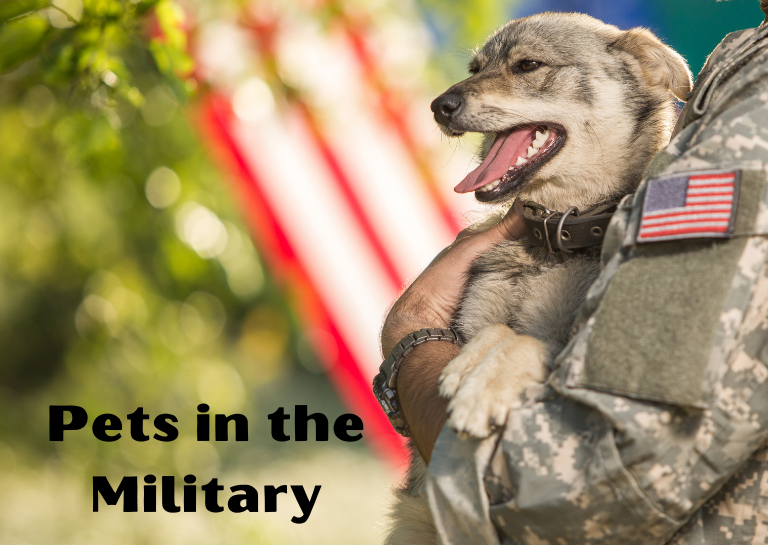
How can you have a pet in the military if you have to PCS? Here are five resources help make military pet ownership possible.

How can you have a pet in the military if you have to PCS? Here are five resources help make military pet ownership possible.

Managing reverse culture shock starts with understanding it’s causes and knowing what to expect.
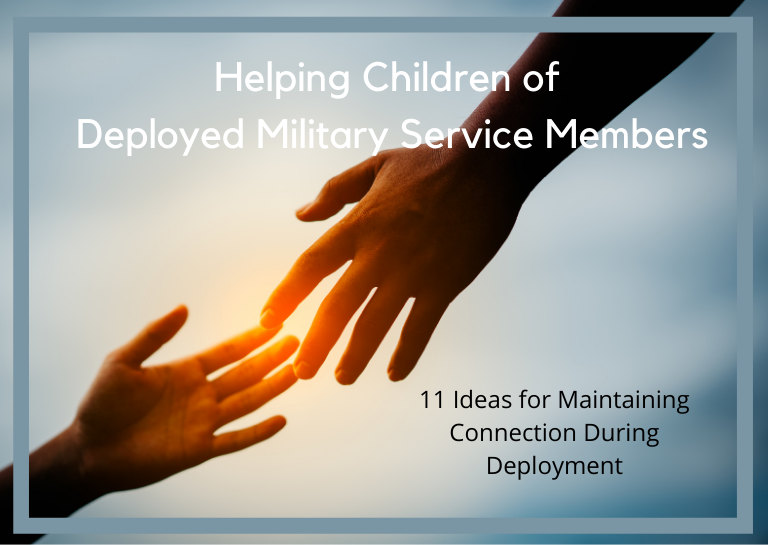
A key to helping children of deployed parents navigate the inevitable range of emotions they will experience is to ensure they maintain a feeling of connection to the deployed parent.
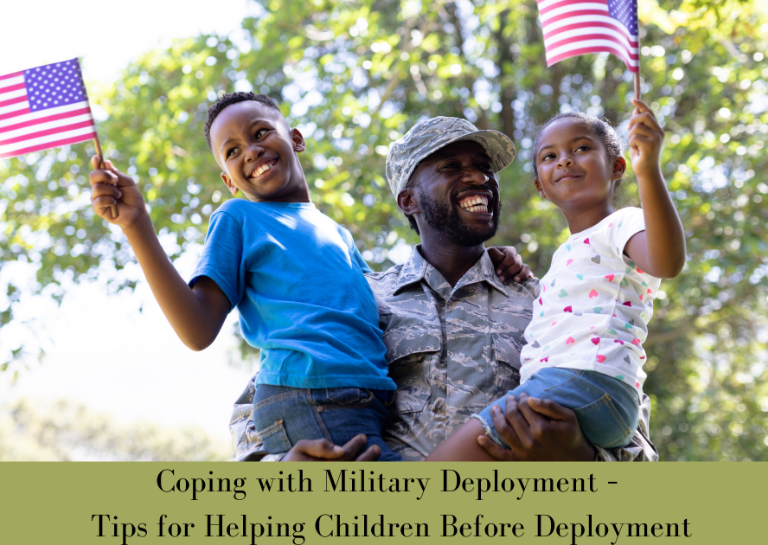
he reality of a loved one’s deployment? Often the family members at home feel the absence of their service member in everything they do throughout the time away.
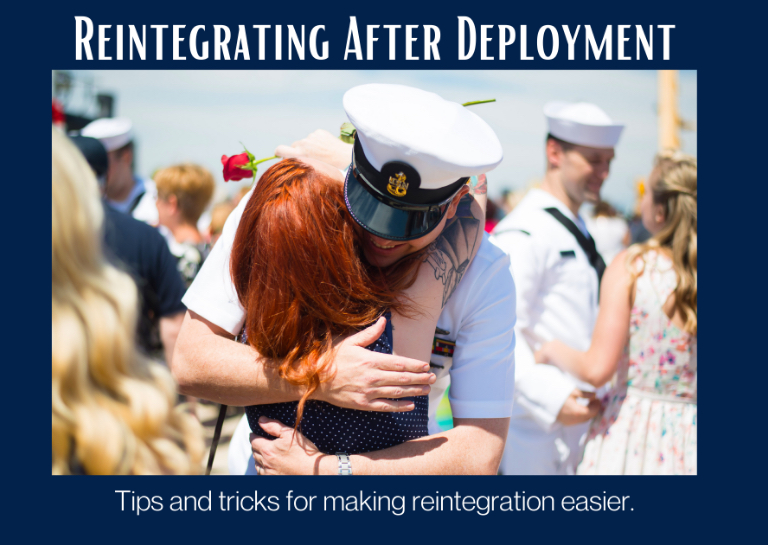
While returning from deployment is often a time of celebration and reconnection with family and friends it can also be an adjustment for service members, and those in their lives, as they return to “normal” life
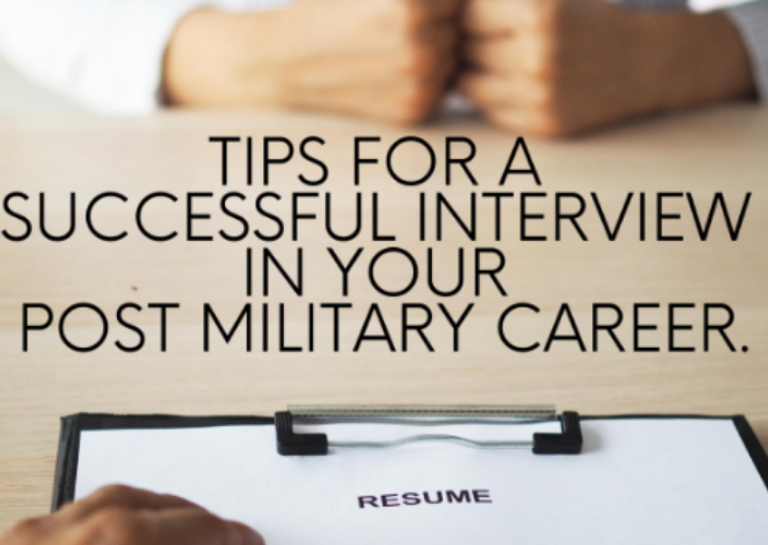 https://militaryconnection.com/wp-content/uploads/MCE20Interview-Post-Military.jpg-005-PTSD-Service-Dogs.png
545
768
lauren
https://militaryconnection.com/wp-content/uploads/2018/09/mc-logo2.png
lauren2020-07-30 10:34:312021-03-23 12:32:4215 Tips for a Successful Interview in Your Post Military Career
https://militaryconnection.com/wp-content/uploads/MCE20Interview-Post-Military.jpg-005-PTSD-Service-Dogs.png
545
768
lauren
https://militaryconnection.com/wp-content/uploads/2018/09/mc-logo2.png
lauren2020-07-30 10:34:312021-03-23 12:32:4215 Tips for a Successful Interview in Your Post Military Career
New Year’s Resolutions for Transition Contributed by Alan Rohlfing Yes, that annual tradition of setting New Year’s resolutions is upon us, and it’s long been a part of the military community. Just like our counterparts in the general population, many of us have our sights set on bettering ourselves in this coming year: eating […]
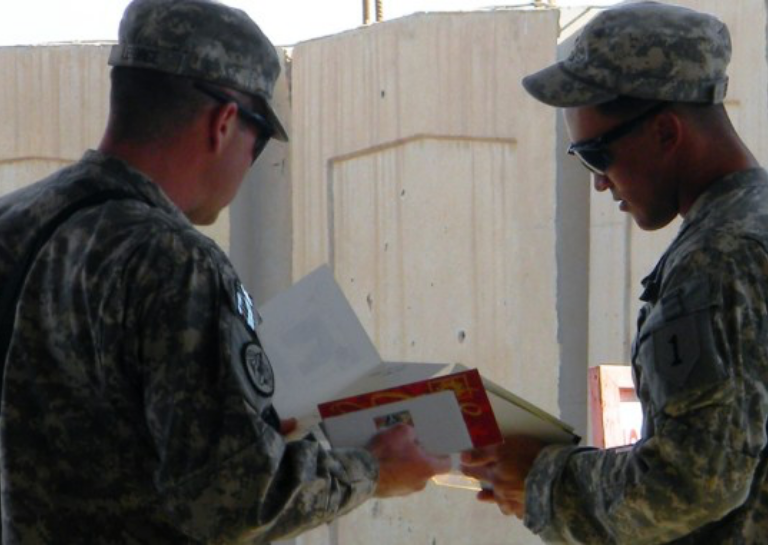
The Holidays and Military Service Contributed by Alan Rohlfing As I write this piece for our blog, I feel a little bit of nostalgia coming on. We’re more than halfway through December, the snow has been falling for more than a day now, and the long-range forecast predicts that temperatures won’t be above freezing […]

What’s the Best Job ‘Fit’ After Military Service? Contributed by Alan Rohlfing You don’t have to be in transition from active service to be thinking about where you might land your next civilian job, but many folks who are in the process of separating find that much of their time & energy is spent […]

There are many active service military members that cannot wait until they complete their military service to go back to civilian life. The truth is that not all military personnel appropriately plans and takes a course of action to allow themselves to adjust in a variety of ways of being a civilian. These actions can be […]

© 2006-2020 Military Connection, Owned by BL, LLC. All rights reserved